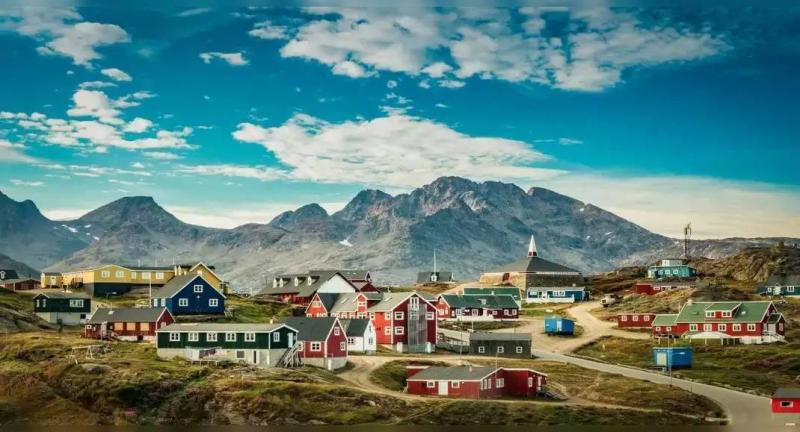While Danish Foreign Minister Lars Løkke Rasmussen plans to meet with his American counterpart Marco Rubio on the sidelines of the upcoming NATO Foreign Ministers meeting in Brussels on Thursday and Friday, Greenland's matter will not be discussed, as confirmed by Copenhagen yesterday. However, the U.S. administration seems to be moving forward with plans to take control of the polar island.
Despite Denmark's disapproval and the European criticism spurred by U.S. President Donald Trump's statements on acquiring Greenland and annexing it to the United States, the White House is preparing an assessment of the cost of federal government control over the island, according to three informed sources.
**Potential Costs and Gains**
According to the Washington Post, White House officials have investigated the cost of providing government services to the island's population of 58,000. Two sources stated that White House budget office staff have examined the potential maintenance costs of Greenland in the event of acquisition. They have also sought to estimate the revenue that could be generated by the U.S. Treasury from Greenland's natural resources.
Moreover, they have considered making an offer to the Greenland government that is better than the support provided by Denmark, which is about $600 million annually. One informed source mentioned that the idea is to tell them that they would be offered more than Denmark pays.
President Trump has repeatedly expressed his intent to annex or purchase the island over the past few months. His insistence on seizing land from a NATO ally (Greenland has been a part of Denmark for decades) has shocked Copenhagen, which has repeatedly expressed willingness to expand Washington's military and economic presence in Greenland without changing territorial borders.
**Background on Greenland's Autonomy**
Greenland attained self-rule in 1979 after being a Danish colony for over 300 years. However, issues such as foreign affairs and defense remain under Copenhagen's authority. This quiet island, far from the world's bustle, holds a wealth of minerals, oil, and natural gas. However, slow development has left its economy dependent on fishing and annual subsidies from Denmark.



